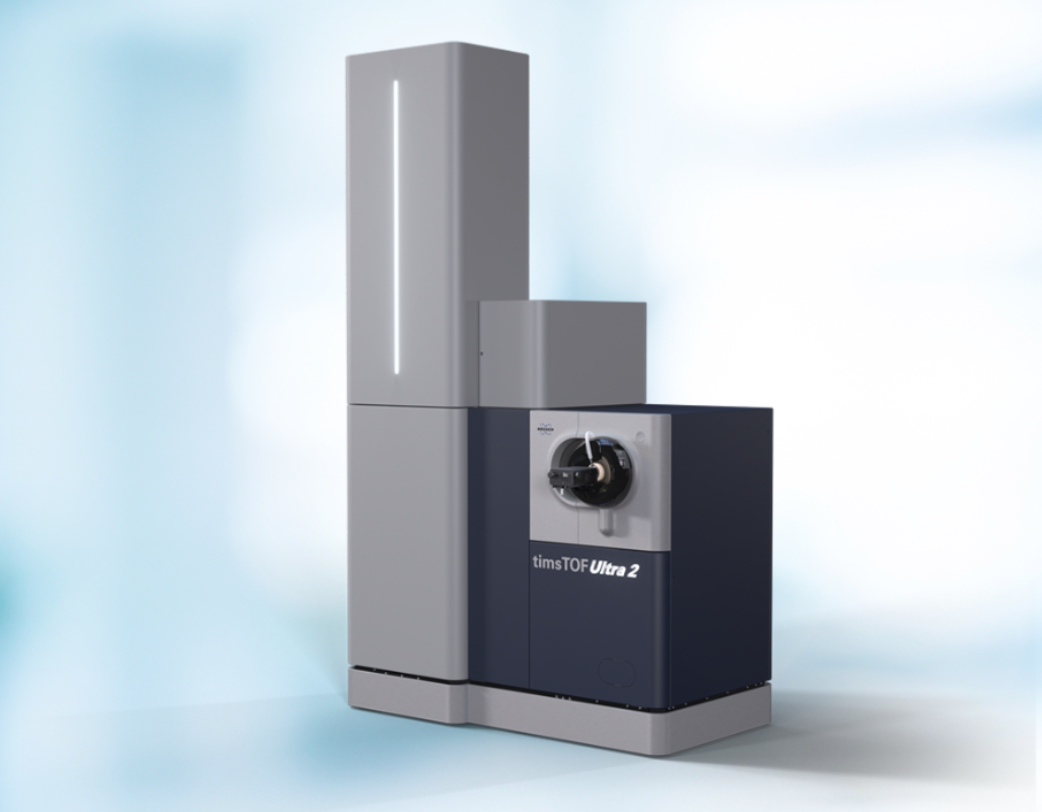NIH grant boosts single-cell mass spectrometry capabilities at JAX Cancer Centre
The Jackson Laboratory (JAX) in Maine, USA, has received a $1.6 million grant from the National Institutes of Health (NIH) to acquire a state-of-the-art mass spectrometry system. This new equipment, the Bruker timsTOF Ultra2, will significantly enhance the institution’s ability to conduct detailed analyses of proteins and metabolites at the single-cell level.
The grant, awarded to the JAX Protein Sciences Mass Spectrometry Service, will fund the purchase of one of the first Bruker timsTOF Ultra2 systems in the United States. This advanced mass spectrometry equipment offers a level of sensitivity that allows researchers to examine the protein and metabolite content of individual cells, rather than relying on bulk tissue samples.
Brian Hoffmann, director of protein sciences and project leader for the grant, emphasised the significance of this technological advancement: “The level of sensitivity that this equipment has is unprecedented. It will allow researchers to get new, very detailed insight into what is happening at the protein level within individual cells that can impact disease.”
Expanding research capabilities
The new system represents a significant leap forward in mass spectrometry capabilities. Traditional methods often required analysing tens of thousands of cells simultaneously to obtain sufficient protein signals. The Bruker timsTOF Ultra2, however, can detect proteins and metabolites from single cells, offering researchers a more detailed understanding
of cellular diversity within tissues.
The grant also supports the acquisition of a CellenONE X1 accessory instrument, which complements the Ultra2 by enabling precise deposition of individual cells for analysis. This combination of technologies allows researchers to not only analyse cellular contents but also capture visual data on cell size and
ensure sample integrity.
Applications in neurodegenerative disease research
One of the first researchers planning to utilise the new equipment is Kristen O’Connell, who studies Alzheimer’s disease at JAX. O’Connell aims to combine single-cell electrophysiology experiments with mass spectrometry analyses on the same neurons, potentially revealing how molecular changes in brain cells contribute to neurodegeneration.
O’Connell explained the potential impact of this technology: “This instrument will allow us to do for proteins what my lab has already mastered for RNA. Not only will we get a more complete picture of the proteins that regulate cell function, but we will be able to better understand the relationships between RNA and protein and how factors such as age and disease influence the concordance between them.”
Implications for cancer research
The single-cell capabilities of the new equipment are expected to be particularly valuable for researchers at the JAX Cancer Center. Cancer and immune cells are known to exhibit high levels of variability between individual cells, making this technology especially suited for such investigations.
Additionally, the system’s sensitivity could aid in tracking small molecule drugs through tissues, potentially contributing to more effective drug development and therapeutic strategies.
Strengthening regional research infrastructure
The acquisition of the Bruker timsTOF Ultra2 system strengthens JAX’s position as a leader in mass spectrometry research. The laboratory will be one of the first facilities in North America to house both the Ultra2 and the Bruker timsTOF FLEX, providing unprecedented capabilities for molecular analysis and spatial mapping within tissues.
Importantly, this advanced equipment will be available not only to JAX-affiliated scientists but also to members of the Maine Idea Network of Biomedical Research Excellence (INBRE). This network comprises 17 educational and research institutions across Maine, including several colleges and the University of Maine.
Hoffmann highlighted the collaborative potential of this resource: “Access to this equipment is really valuable for JAX labs and other Maine INBRE labs. One of the things I really like about working at JAX is that with the Scientific Research Services, we try really hard to push our instrumentation and innovation forward.”





